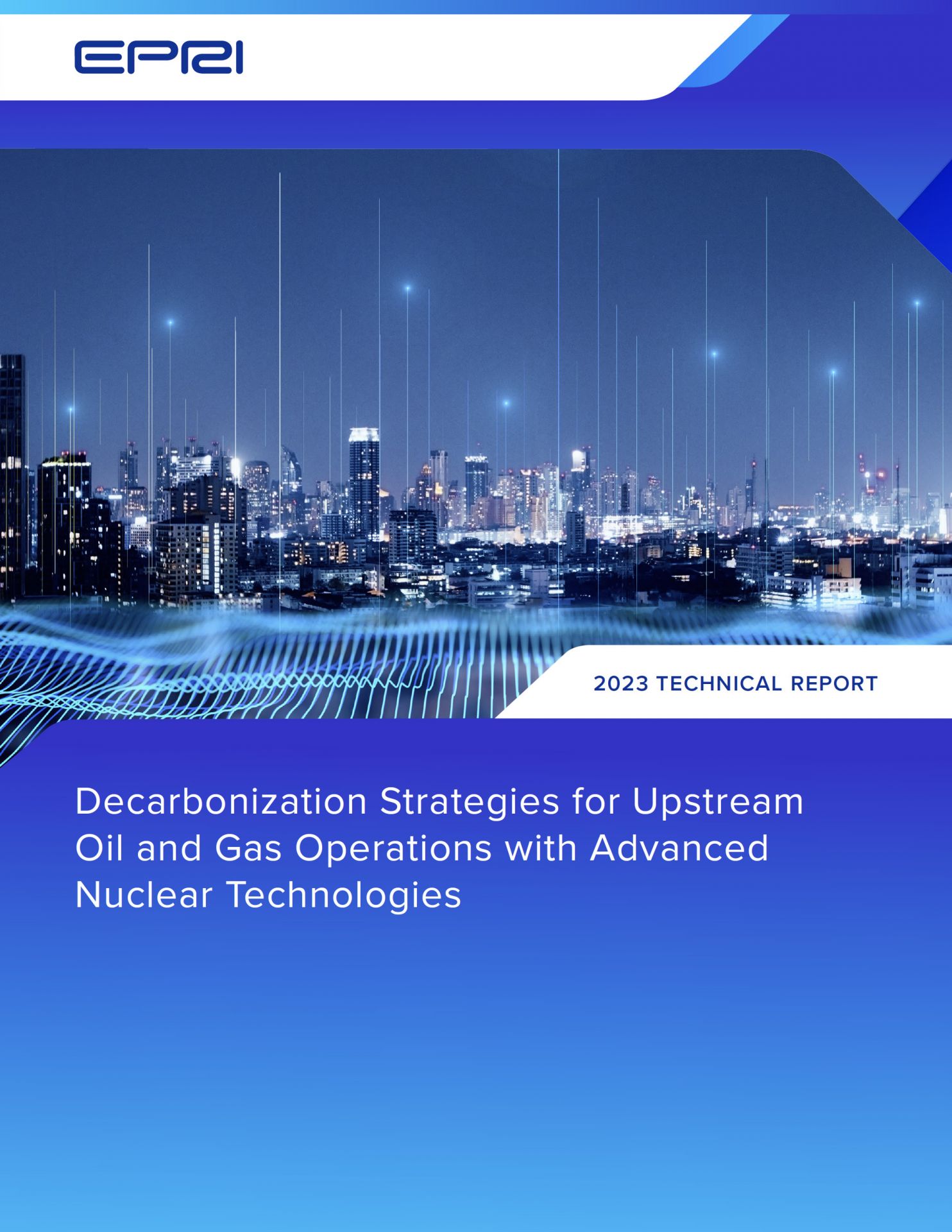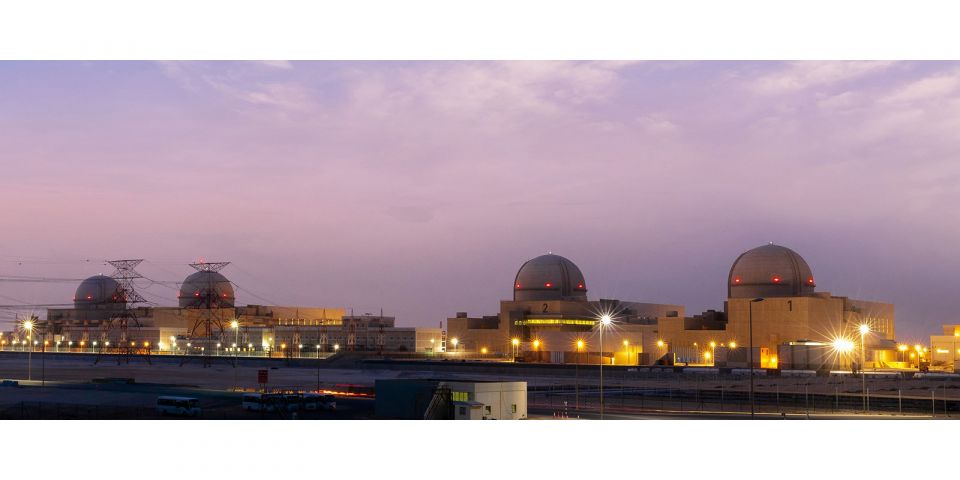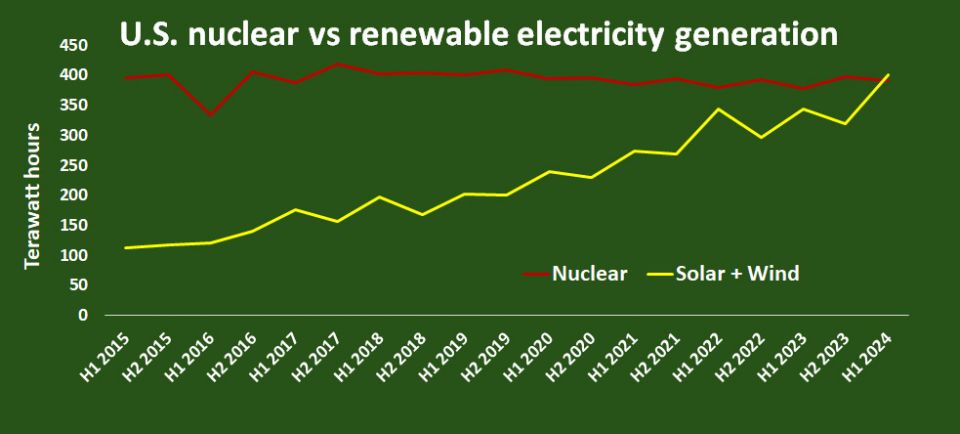Essential fossil fuels: The report notes that fossil fuels will remain essential for several more decades despite global efforts to reduce dependence of this energy source. This is because fossil fuels are reliable, on-demand energy sources for many sectors, especially those in which electrification poses challenges, and because they provide necessary feedstock for the chemical and plastics industries. Various oil and gas production activities are directly responsible for about 8 percent of the world’s greenhouse gas emissions, according to the report.
Nuclear power potential: Decarbonization Strategies emphasizes that the adoption of nuclear energy is pivotal for the consistent, large-scale production of clean electricity and hydrogen, for baseline energy generation, and for decarbonizing energy-intensive industries. Although the upstream processes of exploration, development, and production currently cause 62 percent of the oil and gas industry’s direct greenhouse gas emissions, nuclear energy can address these processes and supply the needed electricity without the emissions.
Furthermore, innovative and advanced nuclear technologies currently under development, such as small modular reactors and microreactors, offer the possibility of an even more sustainable and carbon-neutral future. The report acknowledges, however, that there remain challenges in the application of nuclear energy for the desired solutions.
Barakah plant: Also described in the report is how the UAE’s Barakah nuclear power plant, which was developed by ENEC, has transformed that oil-rich nation’s energy sector by leading the way toward the decarbonization of difficult-to-abate industries. Moreover, an ENEC program that focuses on SMRs and other new nuclear technologies is expected to result in a transformative approach to such clean products as hydrogen, steam, and ammonia. These projects underscore the UAE’s commitment to achieving net-zero goals by 2050 while simultaneously maintaining economic growth.
Summary of findings: The major findings presented in the report were summarized as follows:
- The power requirements of some oil and gas activities can be met with current and emerging advanced nuclear technologies.
- The capital expenditures and operational experience of current oil and gas solutions are difficult to match with nuclear energy, owing to the low cost of fuel and the low capital expenditures for gas turbines.
- For on-site nuclear reactors, 5 MWe to 100 MWe for some oil and gas applications is a viable approach.
- For smaller on-site electricity needs, mobile microreactors intended as diesel or gas turbine replacements may be a solution. However, regulatory uncertainty exists regarding their use.
- Off-site nuclear energy hubs producing electricity, hydrogen, or synthetic fuels with sustainable carbon sources is a viable immediate decarbonization approach with many conventional nuclear offerings.
Recommendations: The ENEC-EPRI report concludes with the following recommendations:
"It is recommended to conduct feasibility studies to evaluate specific nuclear solutions for specific oil and gas operations. This would include a determination of the electrical and thermal power cost from a nuclear system compared with existing gas turbines, with consideration of carbon capture and carbon taxes. Reliability requirements for oil and gas would be factored into the solution. Reactor technology selection should be performed given these requirements. In addition, future studies for oil and gas decarbonization with nuclear energy should be investigated."
Decarbonization Strategies urges stakeholders to consider its findings and recommendations in evaluations of the use of nuclear energy to decarbonize some oil and gas operations.
 A new report from the Emirates Nuclear Energy Corporation (ENEC) and the Electric Power Research Institute (EPRI) describes the use of nuclear energy to decarbonize some activities normally powered by oil and gas.
A new report from the Emirates Nuclear Energy Corporation (ENEC) and the Electric Power Research Institute (EPRI) describes the use of nuclear energy to decarbonize some activities normally powered by oil and gas.







.jpg)